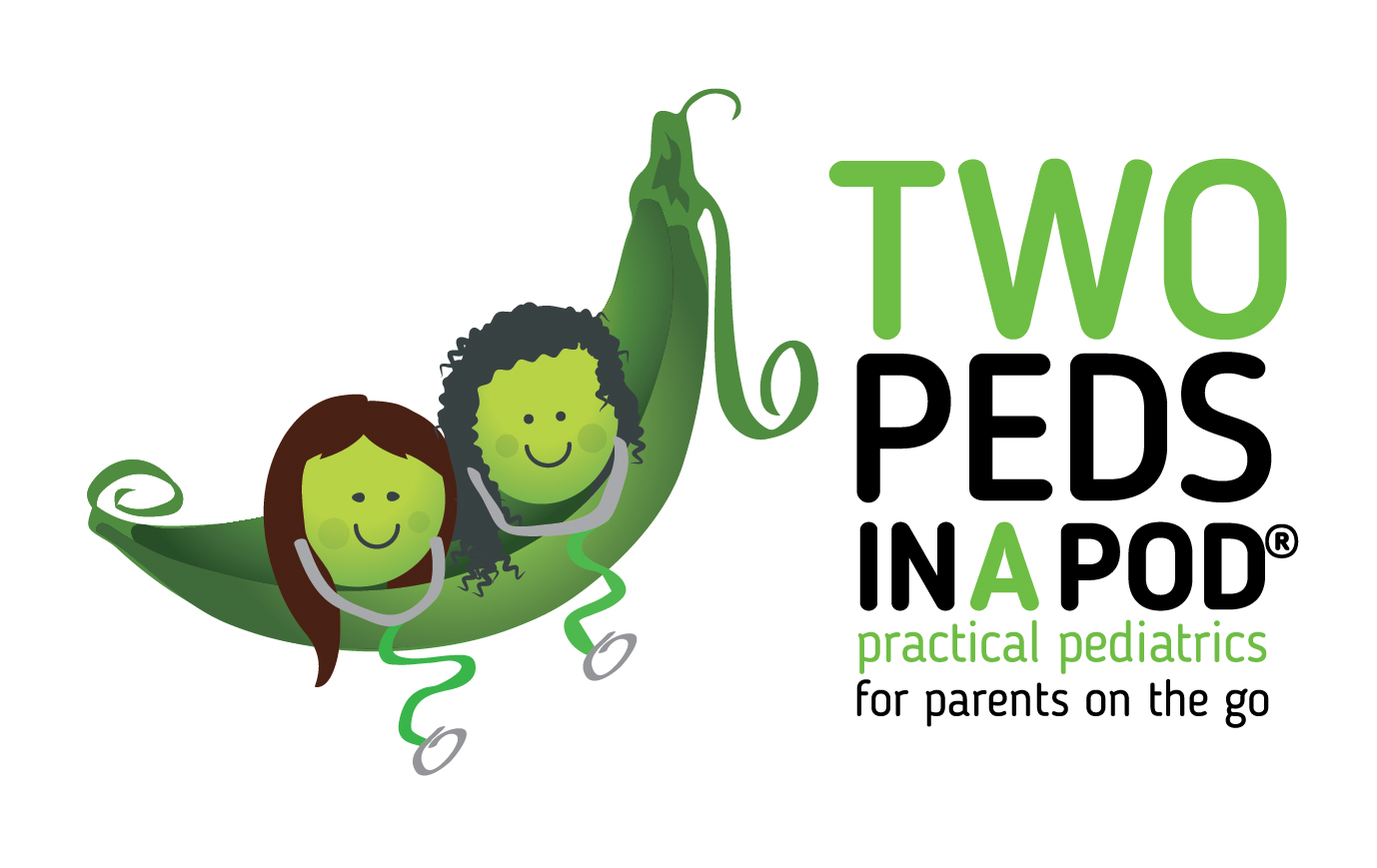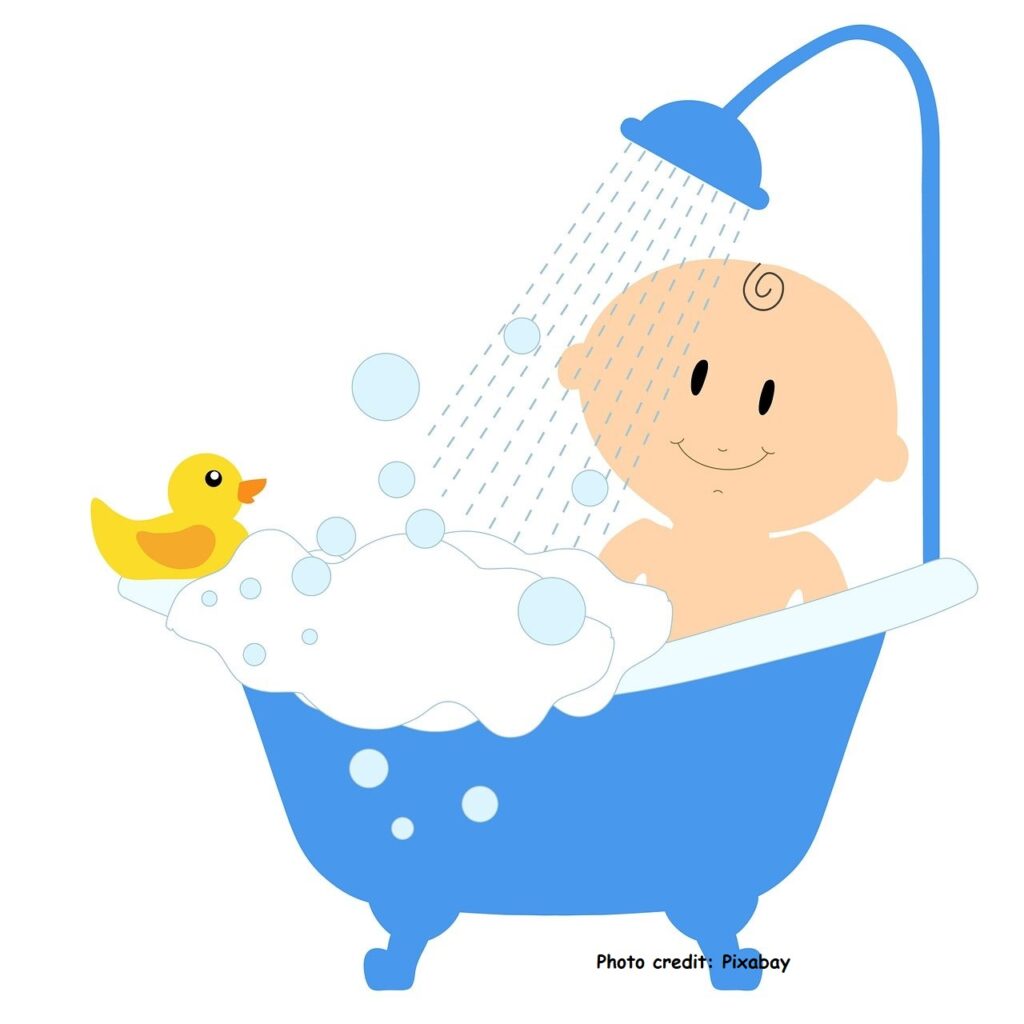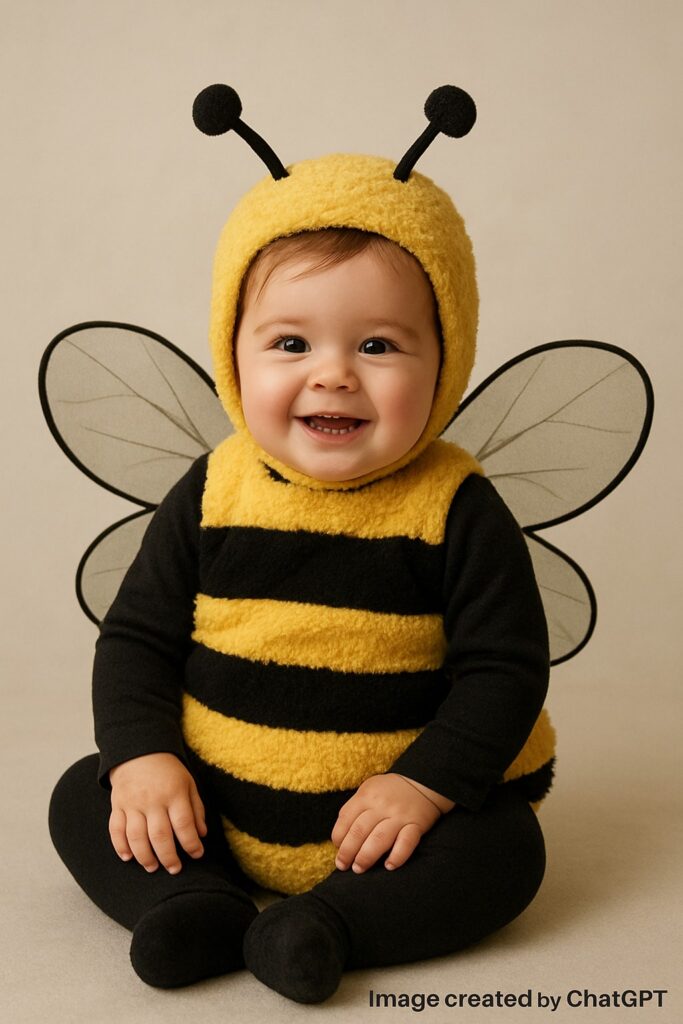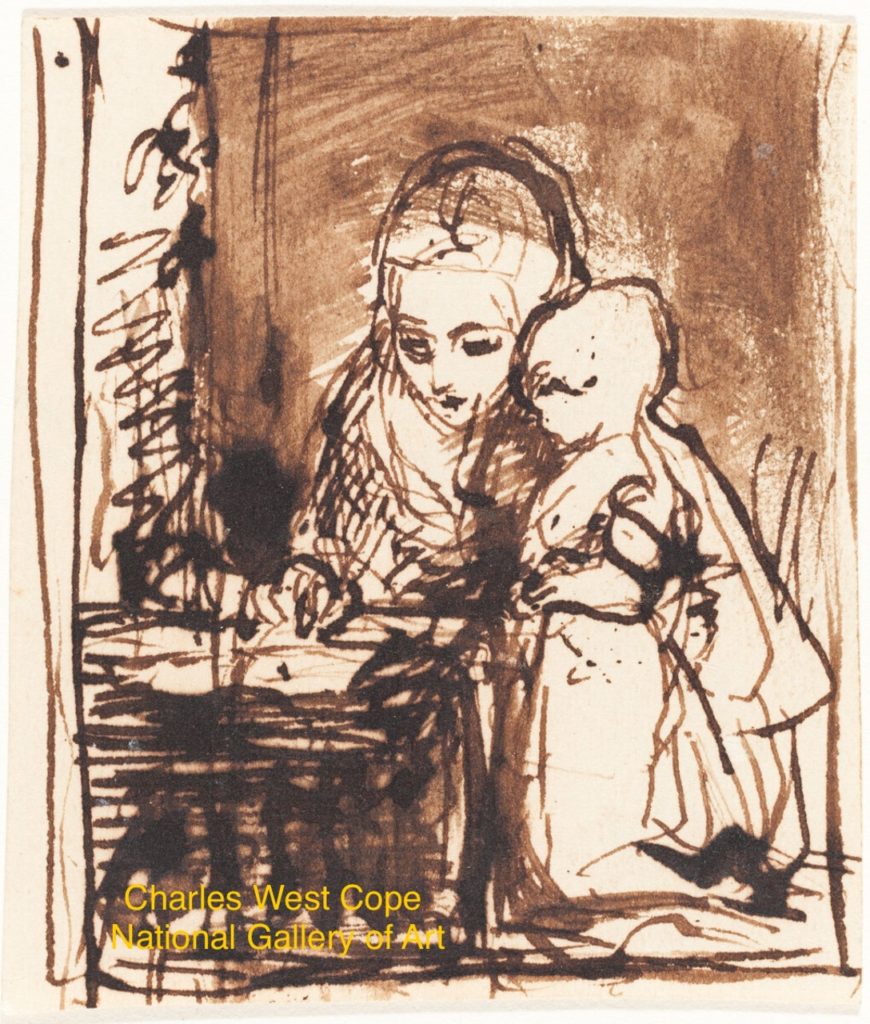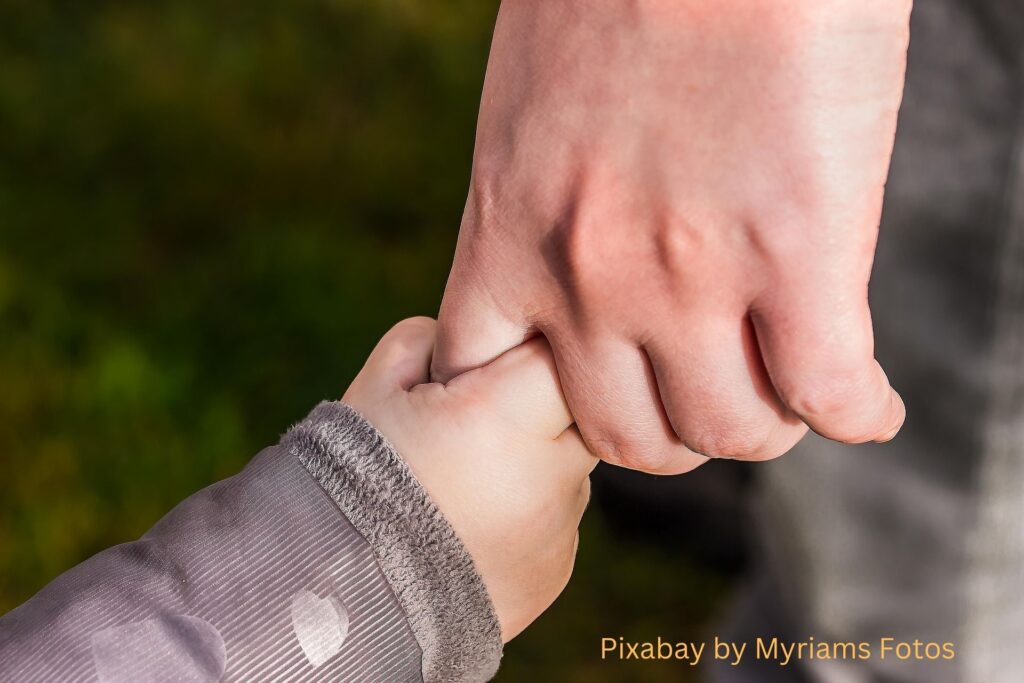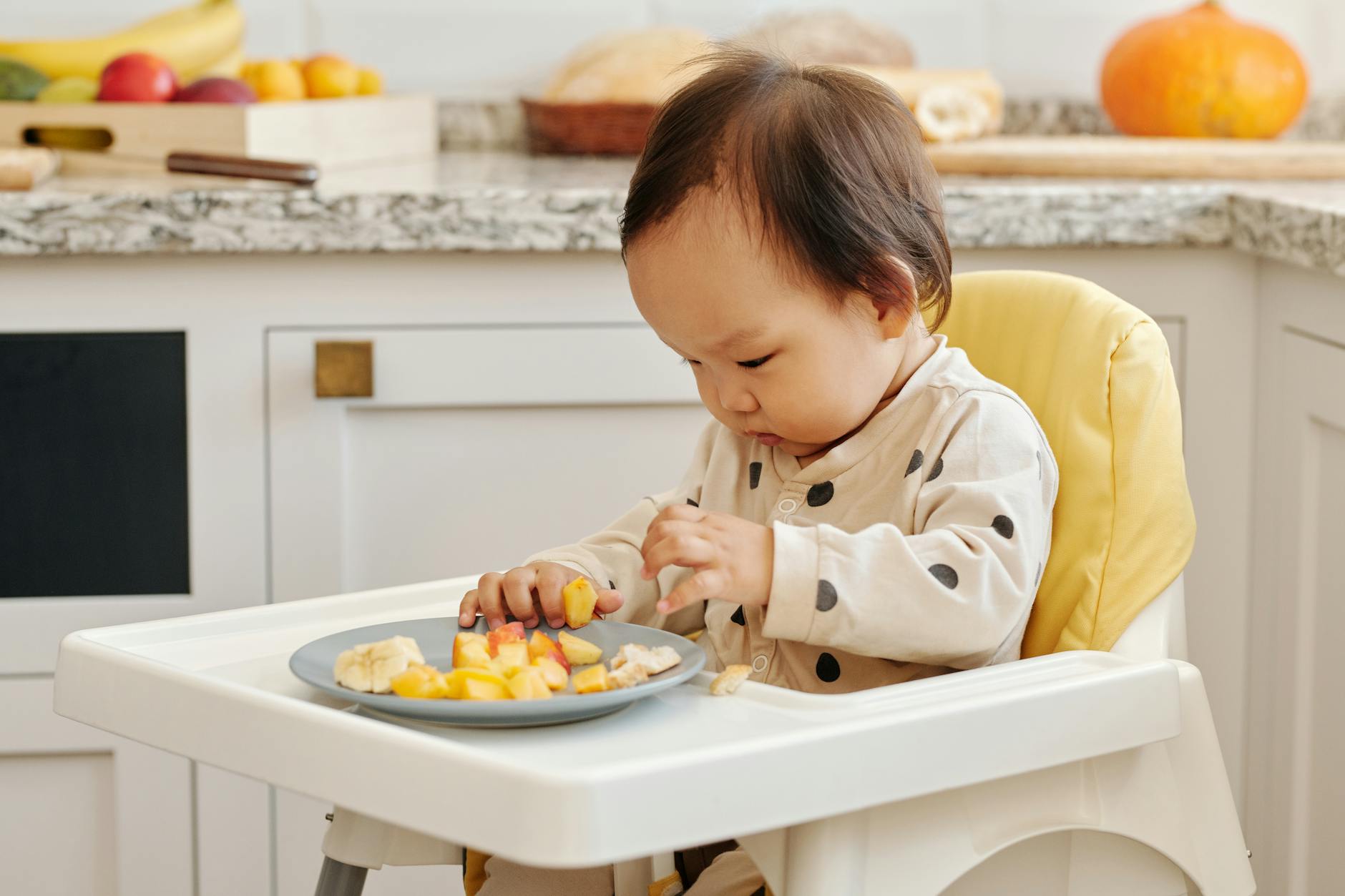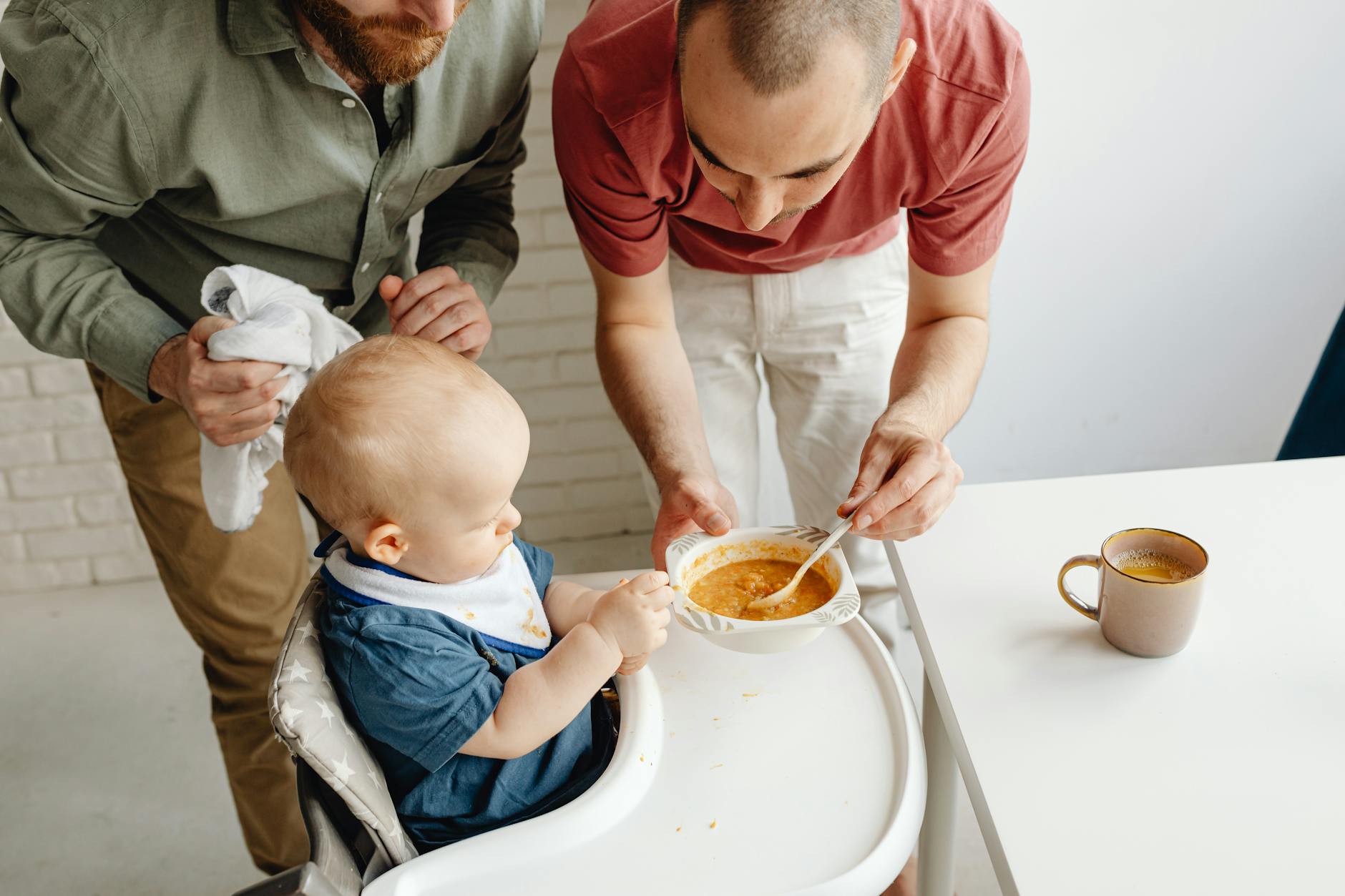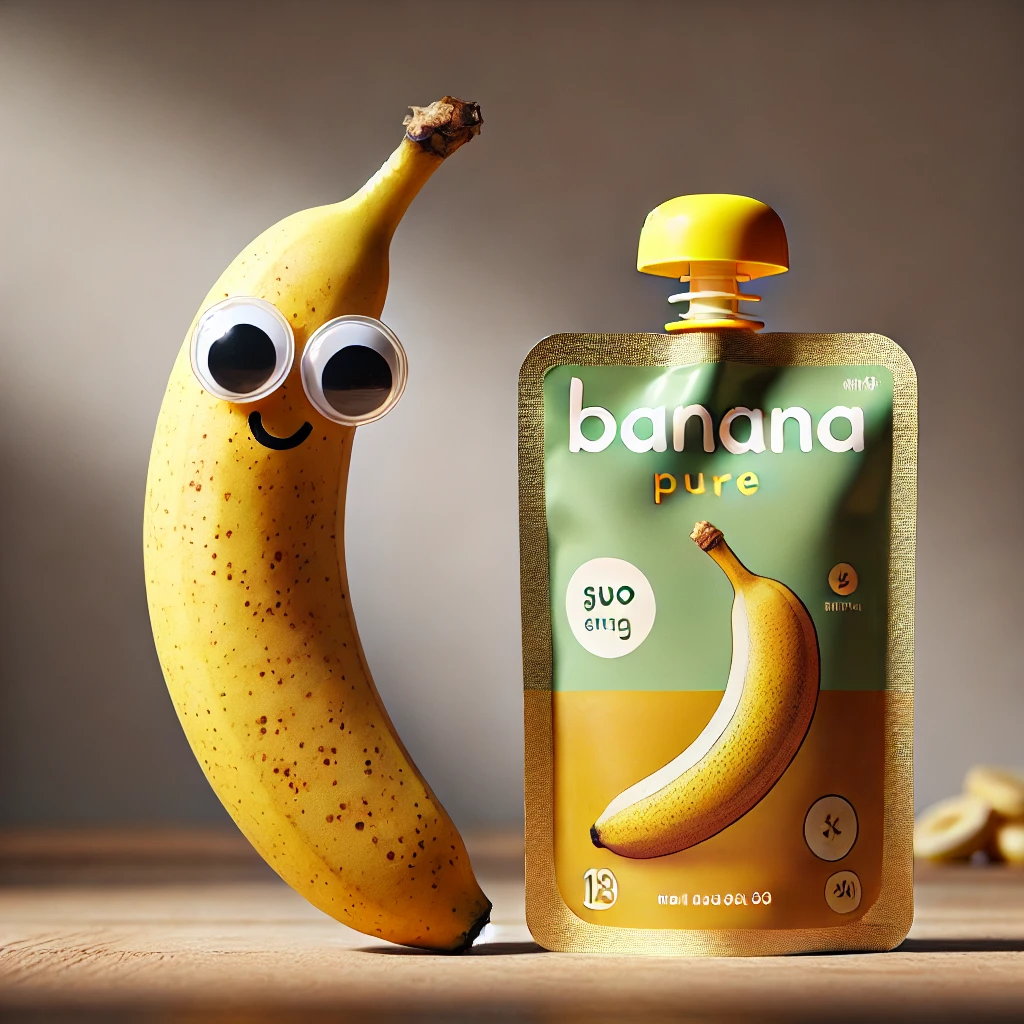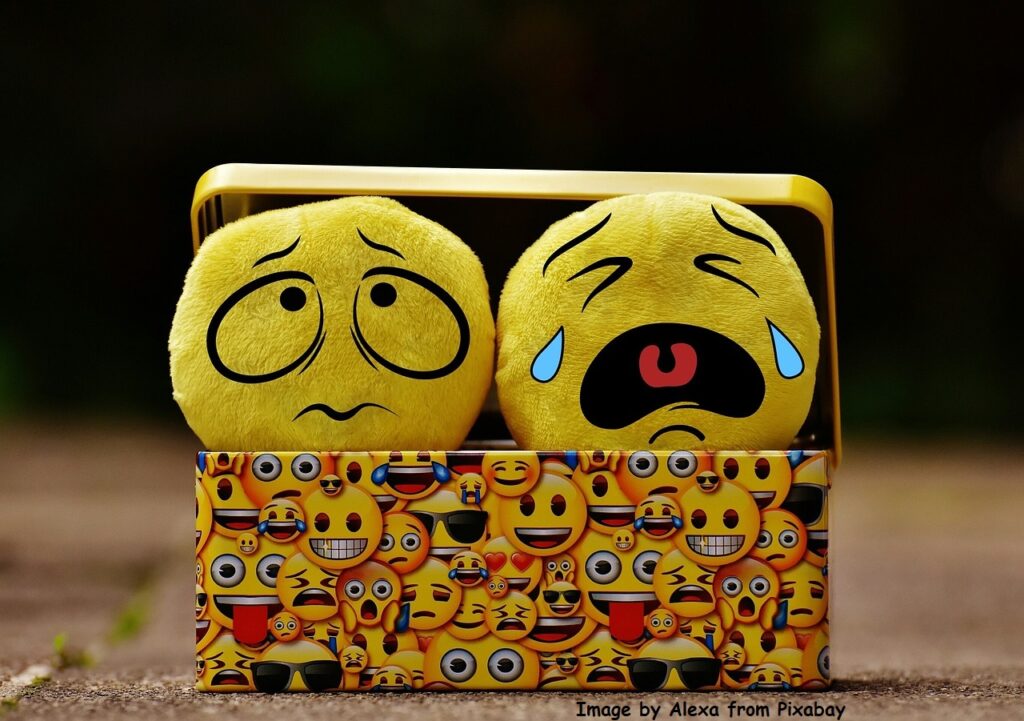
Why do babies cry? In short, infants cry to communicate. Remember, babies cannot talk. They can’t even smile back at you until around six weeks of age.
Dr. Kardos recently welcomed her first grandbaby into the world, so we revisit our baby posts with a fresh eye. Here is the first of many!
The long and short of it is that babies cry when they…
- Are tired.
- Are hungry.
- Feel too cold.
- Feel too hot.
- Need to be changed –Dr. Kardos never really believed this reason before she had her twins. Her firstborn couldn’t have cared less if he was wet and could nap right through a really poopy diaper. Then she had her twins. She was amazed that their crying stopped if she changed the tiniest bit of poop or a wet diaper. Go figure. As Dr. Lai says, “different kids are different.”
- Are bored. Try swapping out the white noise and cue up some hip-hop or K-pop instead. Maybe they want a car ride. Another option: try moving them to another room in the house for a simple change of scenery.
- Feel pain. Look for a piece of hair wrapped around a finger or toe. Make sure they are not out-growing the elastic wrist or ankle band on their clothing. Dr. Lai’s second born is a young adult but there is still a faint mark on her ankle from tight elastic that only a mom would notice.
- If the crying is worse in a well-lit room, their eye appears red and irritated, or there are scratch marks next to their eye, your baby may have scratched their eye (corneal abrasion). Call your pediatrician if you suspect this.
- Need to be swaddled. Remember a fetus spends the last trimester squished inside of their mom. Discovering their own randomly flailing arms and legs can be disconcerting to a newborn.
- Need to be UN-swaddled. Hey, some like the freedom to flail.
- Need to be rocked/moved. Dr. Lai’s firstborn spent hours tightly wrapped. Her dad held her in a nearly upside down position nicknamed “upside-down-hotdog.” Every evening he paced with her all around the living room.
- Need to burp. Lay your crying baby down for a minute. Bring them up again to see if you can elicit a burp.
- Are gassy. Bicycle their legs while on their back. Position them over your shoulder so that their belly presses against you. You’d be gassy too if you couldn’t move very well. The gassy baby is a topic for this entire post– talk to your doctor for other ideas.
- Are sick. Watch for fever, inability to feed normally, labored breathing, diarrhea or vomiting. Check and see if anything is swollen or not moving. Listen to the cry. Is it weak and whimper-like (sick) or is it loud and strong (not so sick)? Do not hesitate to check with your pediatrician. Fever in a baby younger than eight weeks old is considered 100.4 degrees F or higher measured rectally. A feverish newborn needs immediate medical attention.
